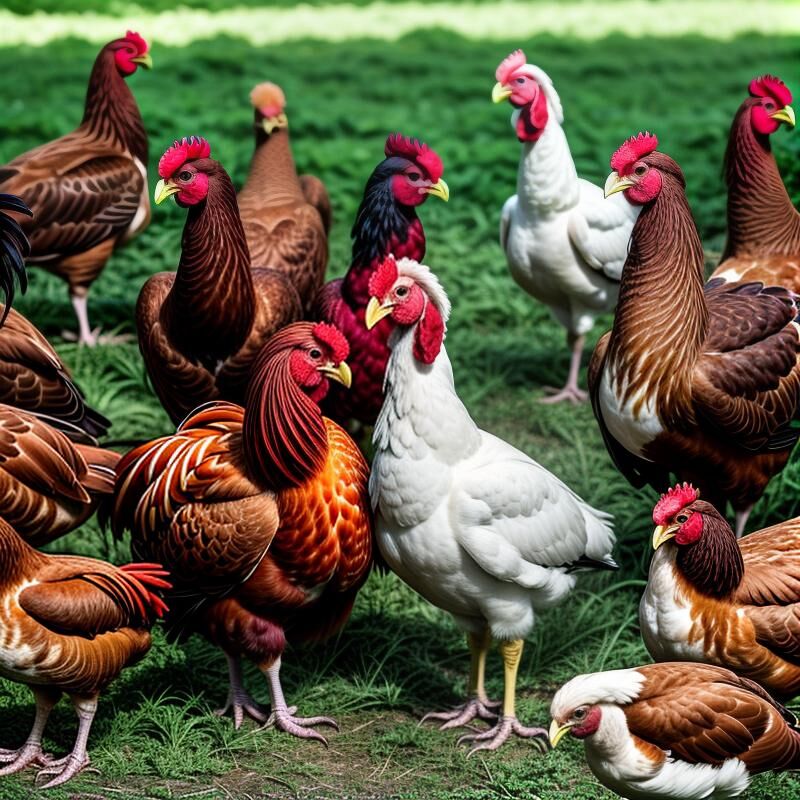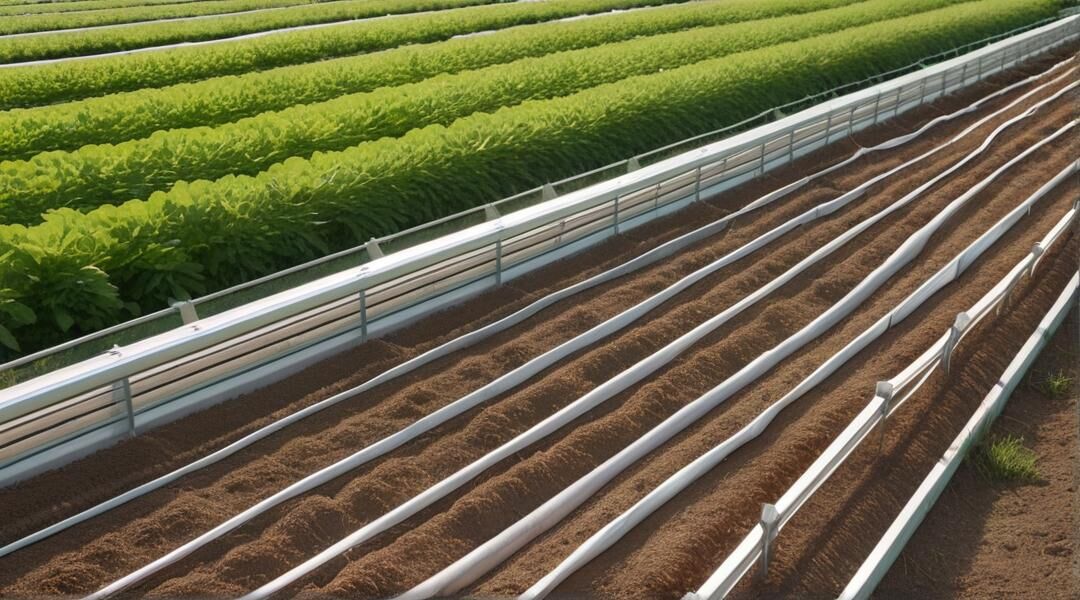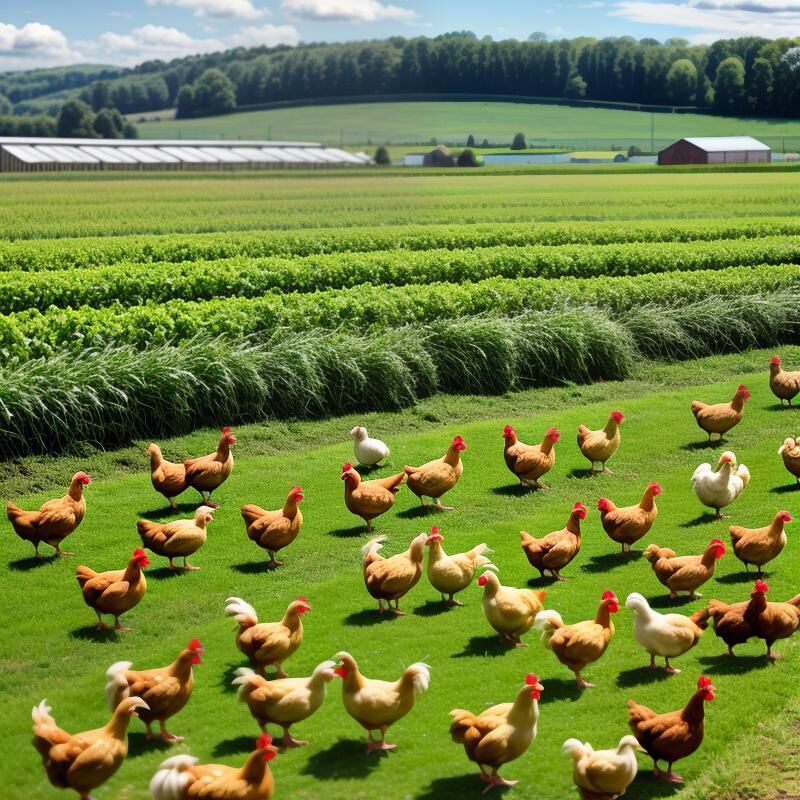Discover the Ideal Poultry Breeds for Your Farm
Poultry Breeds for South African Farming
Explore the diverse range of poultry breeds that thrive in South Africa’s unique climate and conditions. Learn about their distinct characteristics and how they can enhance your farming success.
The Role of Poultry Breeds in South African Agriculture

Characteristics of Top Poultry Breeds
Key Features of Poultry Breeds
Rhode Island Red
Renowned for their hardiness and adaptability, Rhode Island Reds are excellent layers, producing a high number of eggs annually. They are well-suited to various climates, making them a popular choice among South African farmers.
Leghorn
Leghorns are prolific egg producers known for their efficiency and low maintenance requirements. Their ability to thrive in different environments makes them ideal for large-scale egg production.
Sussex
Sussex chickens are dual-purpose birds, valued for both their meat and egg production. They are friendly and easy to manage, making them a favorite among small-scale farmers.
Australorp
Australorps are celebrated for their exceptional egg-laying capabilities and calm temperament. They perform well in free-range systems, contributing to sustainable farming practices.
Orpington
Orpingtons are known for their docile nature and versatility. They are excellent for both meat and egg production, providing farmers with a reliable and productive breed.
Plymouth Rock
Plymouth Rocks are hardy birds that offer a balance of meat and egg production. Their resilience and adaptability make them suitable for various farming setups.
Brahma
Brahmas are large birds prized for their meat quality. Their calm demeanor and ability to withstand cold temperatures make them ideal for diverse farming conditions.
Cochin
Cochins are known for their fluffy feathers and gentle disposition. While primarily ornamental, they also contribute to egg production, adding value to small farms.
Advantages of Poultry Breeds
Why Choose Diverse Poultry Breeds?
Raising a variety of poultry breeds offers numerous benefits to farmers in South Africa. Each breed comes with unique characteristics that can be leveraged for specific farming goals. For instance, some breeds are known for their high egg production, providing a steady income stream. Others are prized for their meat quality, offering a lucrative market opportunity. Additionally, diverse breeds can enhance farm resilience, as they may have different levels of resistance to local diseases and environmental conditions.
Furthermore, integrating multiple poultry breeds can optimize resource use on the farm. Different breeds may have varying dietary needs and foraging behaviors, allowing for efficient feed management. This diversity also contributes to a balanced ecosystem, promoting natural pest control and soil fertility through varied waste production. By choosing the right combination of breeds, farmers can maximize productivity and sustainability, ensuring long-term success in the poultry industry.

Best Practices for Poultry Farming
To ensure the health and productivity of your poultry, it is essential to follow best practices in feeding. Provide a balanced diet that meets the nutritional needs of each breed, considering factors like age, purpose (egg or meat production), and local climate conditions. Regularly supplement their diet with vitamins and minerals to boost immunity and overall health.
Optimal Housing Solutions
Proper housing is crucial for the welfare of your poultry. Ensure that coops are well-ventilated, spacious, and secure from predators. Maintain cleanliness by regularly removing waste and providing fresh bedding. Adequate space per bird is necessary to prevent overcrowding, which can lead to stress and disease outbreaks.
Health Management Strategies
Implementing a robust health management plan is vital for successful poultry farming. Regular health checks and vaccinations are essential to prevent common diseases. Monitor the flock for signs of illness and consult a veterinarian when needed. Additionally, maintaining biosecurity measures, such as controlling access to the farm and disinfecting equipment, helps protect the flock from external threats.
What Our Farmers Say

“Raising a mix of poultry breeds has transformed my farm. The variety not only boosts my income through diverse products but also ensures a more resilient operation against local challenges.”
John M., Free State

“Thanks to Poultry Farming’s guidance on breed selection and management, I’ve seen a significant improvement in productivity and health across my flock. Their support has been invaluable.”
Susan K., KwaZulu-Natal
